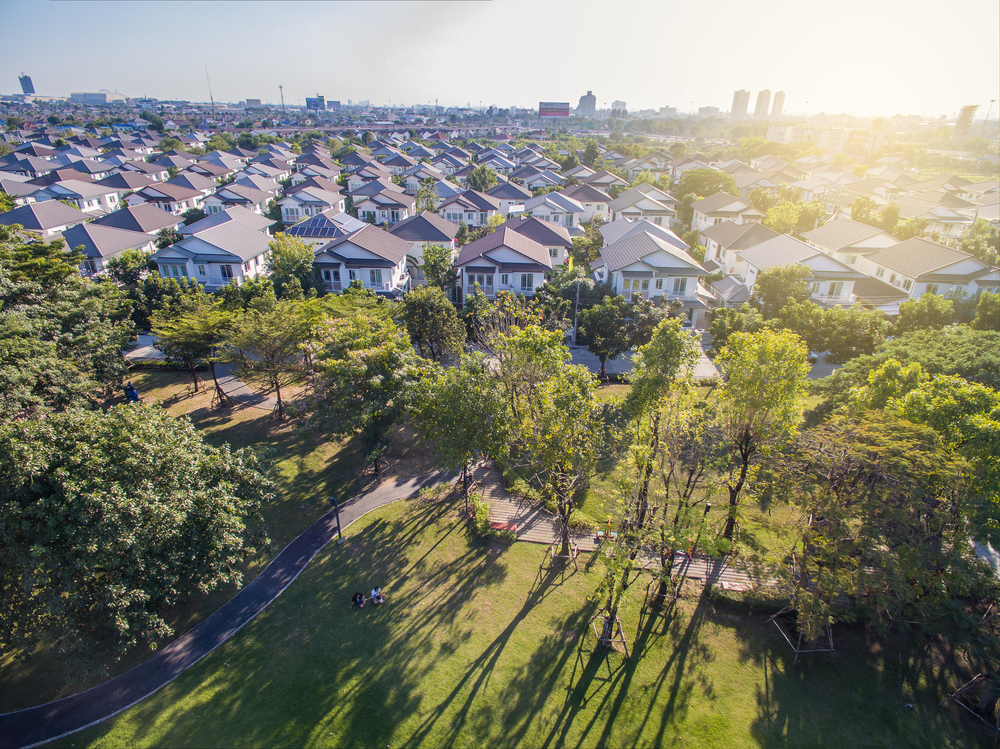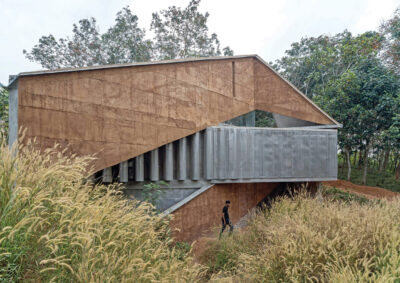The state of Thailand’s residential real estate market
Prices are expected to go up by 3–5 percent

The Thai home price market is expected to increase in 2022.
Following a decline since the first quarter of 2020, new home costs are on the rise due to higher inflation, a labor shortage, and rising fuel and construction material prices.
“In 2022, we expect to see property prices go up by 3–5 percent,” Apa Ataboonwongse, chief executive officer at Richy Place told The Nation Thailand.
“Developers cannot maintain the same prices despite management cost having reduced over the past year. Also, due to COVID-19, most migrant workers have returned to their countries, causing labour shortage,” she added. “This, in turn, has spiked the manpower cost and delayed most projects by 10 to 20 percent from their previous schedules.”
A domino effect has occurred within the global supply chain. According to Bangkok Post, delays in shipping and supply shortages are the main reasons for the non-delivery of exported materials.
More: Second-home investment destinations take the spotlight in Thailand
There will be a significant increase in construction material prices this year, particularly steel, which has risen 30 percent.
The Bureau of Trade and Economic Indices also noted the price increases for concrete (5.6 percent), aluminium, asphalt, and sand (4.2 percent), as well as electricity and water (3.8 percent).
Wichai Wiratkaphan, acting director of Government Housing Bank’s Real Estate Information Centre noted that developers will be offering fewer discounts and promotions as demand matches supply in the property sector.
Marketing campaigns were used extensively last year due to the impact of the pandemic on consumer confidence.
Freebies were the most popular promotion for enticing low-rise homeowners in the fourth quarter of last year, accounting for 44.4 percent. Air conditioners, furniture, drapes, water pumps, and water tanks were among them.
This was followed by cash discounts as well as transfer fees and common area expenses, which accounted for 28.8 percent and 26.7 percent, respectively.
Condominiums took the brunt of the consecutive drop since Q3 2020.
The Property Report editors wrote this article. For more information, email: [email protected].
Recommended
Meet the vagabond architect behind India’s housing scene
Vinu Daniel is helping to shake up India’s home building setting
Where Asian real estate stands in a fragmented, warmer world
Asia’s real estate industry faces many and varied challenges as external factors continue to bite
6 sights to see in Singapore’s Marine Parade
Handily located Marine Parade has emerged as a vibrant investment choice in the Lion City
There’s a township dedicated to health and wellness in Malaysia
Property seekers have their health needs catered for at KL Wellness City








